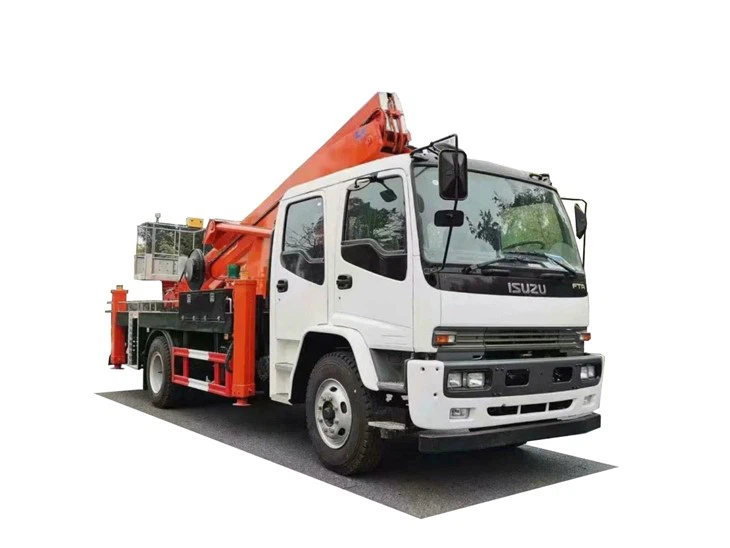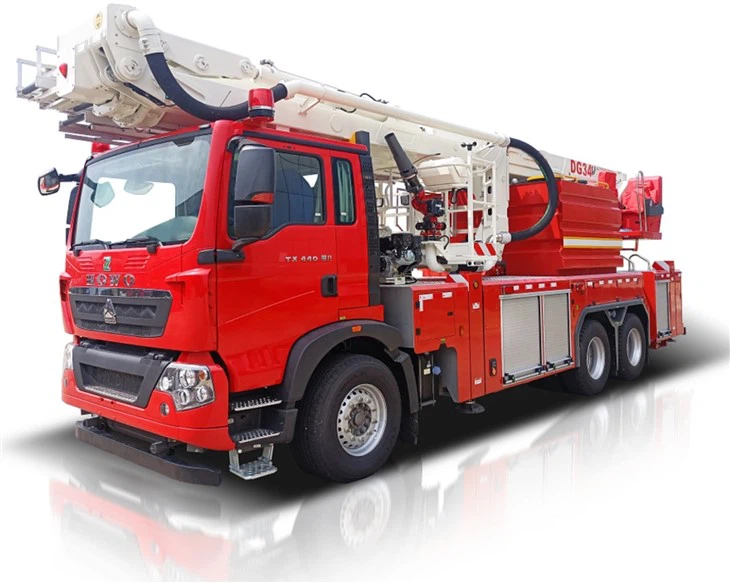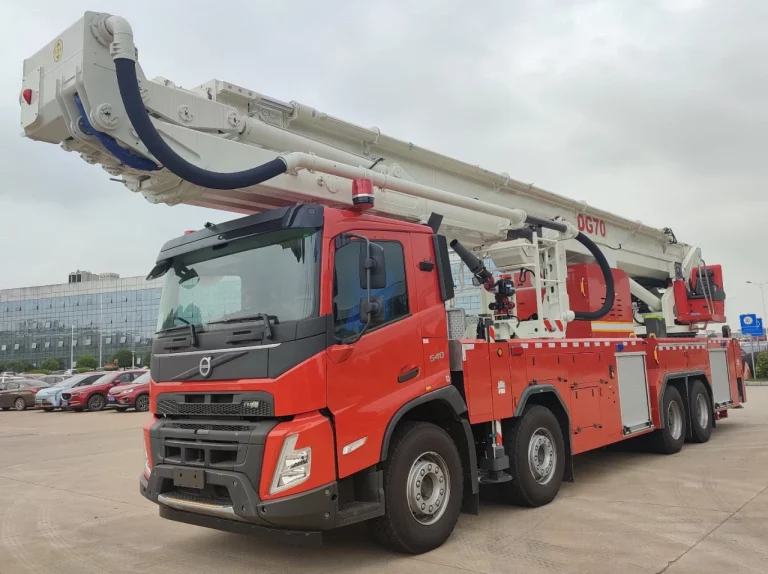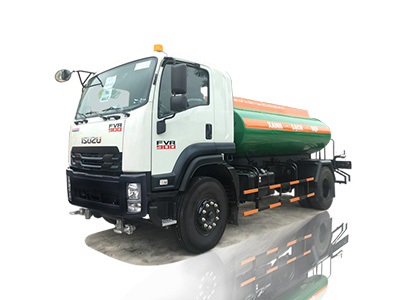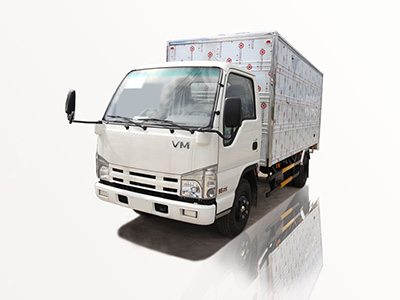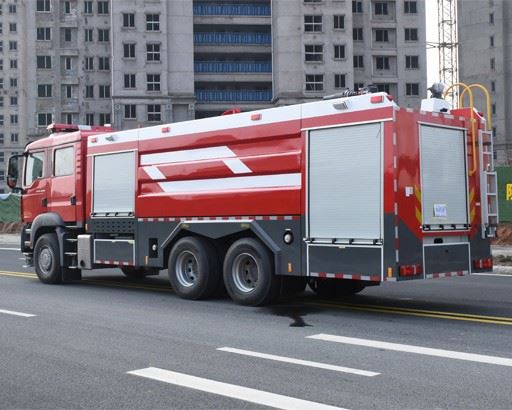Crane trucks are an essential part of modern construction and logistics. Combining the versatility of a crane with the mobility of a truck, these powerful machines allow for lifting and transporting heavy materials in various industries. In this comprehensive article, we will delve into the world of cranes on trucks, exploring their types, applications, benefits, safety considerations, and maintenance. Whether you’re a construction professional or simply curious about these machines, this guide will provide you with all the information you need.
Table of Contents
- What Is a Crane on Truck?
- Types of Cranes on Trucks
- Applications of Cranes on Trucks
- Benefits of Using Cranes on Trucks
- Safety Considerations When Using Crane Trucks
- Maintenance of Cranes on Trucks
- Tips for Choosing the Right Crane Truck
- Cost Factors Involving Crane Trucks
- Future Trends in Crane Technology
- FAQs
What Is a Crane on Truck?
A crane on truck, also known as a truck-mounted crane, is a combination of a truck and a crane. These vehicles are equipped with a hydraulic crane that allows for lifting and moving heavy loads with precision. Truck cranes can maneuver easily through tight spaces, making them ideal for urban and construction site environments where access may be limited.
How Does It Work?
The truck serves as the base for the crane, featuring hydraulic outriggers that stabilize the crane during operation. When lifting loads, the operator controls the crane’s movements from a cab or remote control, allowing for intricate maneuvers. The crane’s arm can extend and rotate, providing a versatile range for lifting tasks.
Types of Cranes on Trucks
Cranes on trucks come in various types, each designed for specific lifting capacities and functions. Below are some common types:
1. Hydraulic Truck Cranes
Hydraulic truck cranes feature powerful hydraulic systems that enable them to lift heavy loads with ease. These cranes are popular in construction, allowing for extensive reach and stability.
2. Articulating Cranes
Articulating cranes, also known as knuckle boom cranes, offer flexibility due to their jointed arms. They are perfect for loading and unloading in tight spaces.
3. Rough Terrain Cranes
Rough terrain cranes are designed for off-road use and equipped with large tires for stability on uneven surfaces. They are commonly used in outdoor construction sites.
4. Telescopic Cranes
Telescopic cranes have the ability to extend their arms, providing versatility in reaching distant areas. They are often used in urban environments.
Applications of Cranes on Trucks
Truck-mounted cranes are widely used across various industries due to their adaptability. Some common applications include:
1. Construction
In construction, cranes on trucks are used for lifting steel beams, concrete blocks, and other heavy materials. Their mobility allows for quick setup and relocation on job sites.
2. Transportation and Logistics
Logistics companies use truck-mounted cranes for loading and unloading freight containers and heavy equipment, enhancing efficiency in operations.
3. Oil and Gas
In the oil and gas industry, crane trucks are utilized for transporting pipes, drilling equipment, and maintenance tasks in remote locations.
4. Utility Services
Utility companies often leverage crane trucks for tasks like lifting poles and repairing infrastructure, with the ability to operate in tight spaces.
Benefits of Using Cranes on Trucks
There are numerous advantages to using trucks equipped with cranes, including:
1. Mobility
Truck-mounted cranes can easily travel to different locations, making them excellent for projects that require movement.
2. Versatility
These cranes can perform a variety of lifting tasks, from construction to maintenance, making them multi-functional tools in numerous industries.
3. Time Efficiency
Having a crane mounted on a truck reduces the time spent on setup and allows for quicker response and operation in various tasks.
4. Cost-Effectiveness
The use of crane trucks can reduce rental costs and the need for multiple machines on a job site, making them a budget-friendly option.
Safety Considerations When Using Crane Trucks
While crane trucks are invaluable assets, safety must always be prioritized. Key safety considerations include:
1. Operator Training
Ensure that operators have adequate training and certification to safely operate crane trucks. Regular training is crucial for maintaining safety standards.
2. Risk Assessment
Conduct thorough risk assessments before any lift, taking into account environmental factors, load weight, and ground conditions to prevent accidents.
3. Inspection and Maintenance
Regularly inspect crane trucks for wear and tear, and adhere to maintenance schedules to ensure all components function correctly.
4. Using Proper Safety Equipment
Employ safety gear such as helmets, gloves, and harnesses for operators and ground personnel to mitigate risks associated with lifting.
Maintenance of Cranes on Trucks
Proper maintenance is essential for the longevity and safety of crane trucks. Key maintenance practices include:
1. Routine Inspections
Perform daily and regular inspections to check for any mechanical issues, including the condition of hydraulic systems, cables, and safety devices.
2. Oil Changes
Regular oil changes maintain the hydraulic system, ensuring smooth operation and prolonging the life of the crane’s components.
3. Cleaning
Keep the crane clean and free of debris to prevent mechanical failures and improve visibility for operators.
4. Record Keeping
Maintain detailed logs of inspections, repairs, and maintenance to track the crane’s condition and comply with safety regulations.
Tips for Choosing the Right Crane Truck
Selecting the appropriate crane truck for your needs is crucial. Here are some tips:
1. Assess Your Needs
Understand the types of materials you’ll be lifting, the weight requirements, and the typical environments in which you’ll be operating.
2. Evaluate the Crane’s Capacity
Choose a crane with the capacity that exceeds your lifting needs to ensure safety and efficiency during operations.
3. Check for Features
Look for features like extendable arms, rotation, and control options that match your specific job requirements.
4. Consider Brand Reputation
Research reliable brands known for manufacturing durable and safe crane trucks, and read reviews or seek testimonials.
Cost Factors Involving Crane Trucks
The cost of crane trucks can vary significantly based on several factors:
| Cost Factor | Description |
|---|---|
| Type of Crane | Different types of cranes (hydraulic, articulating, rough terrain) have varying costs. |
| Maintenance | Regular maintenance costs impact the total ownership expense over time. |
| Fuel Efficiency | More efficient cranes can save on fuel costs, affecting financial planning. |
| Operator Training | Investing in proper training can add initial costs but saves money in the long run through safe operation. |
Future Trends in Crane Technology
As technology evolves, the future of truck-mounted cranes is set to change dramatically:
1. Automation
The rise of automation in crane operation may enhance precision and safety in lifts, reducing human error.
2. Telecommunication Advances
Remote monitoring and control technologies may allow operators to manage cranes from a distance, increasing safety on the job site.
3. Green Technology
Innovations focused on eco-friendly practices will make crane trucks more energy-efficient and sustainable.
4. Improved Safety Features
Investments in safety technology such as advanced sensors and alarms will help prevent accidents and improve overall safety awareness.
FAQs
1. How much weight can a crane on a truck lift?
The lifting capacity varies based on the type and model of the crane, but they can typically lift between 5 tons up to 50 tons or more.
2. Are crane trucks easy to operate?
While many crane trucks have user-friendly controls, proper training is essential to ensure safe operation.
3. Can I rent a crane truck for short projects?
Yes, many equipment rental companies offer crane trucks for short-term use, providing flexibility for project needs.
4. What is the lifespan of a crane truck?
With proper maintenance and care, crane trucks can last anywhere from 10 to 30 years or more, depending on usage and conditions.
5. What is the best way to transport a crane truck?
Most crane trucks are designed to be driven to the job site, but larger models may need specialized transport on flatbed trucks.
6. What certifications are needed to operate a crane truck?
Operators typically need a specialized Crane Operator Certification or similar credentials depending on local regulations.
